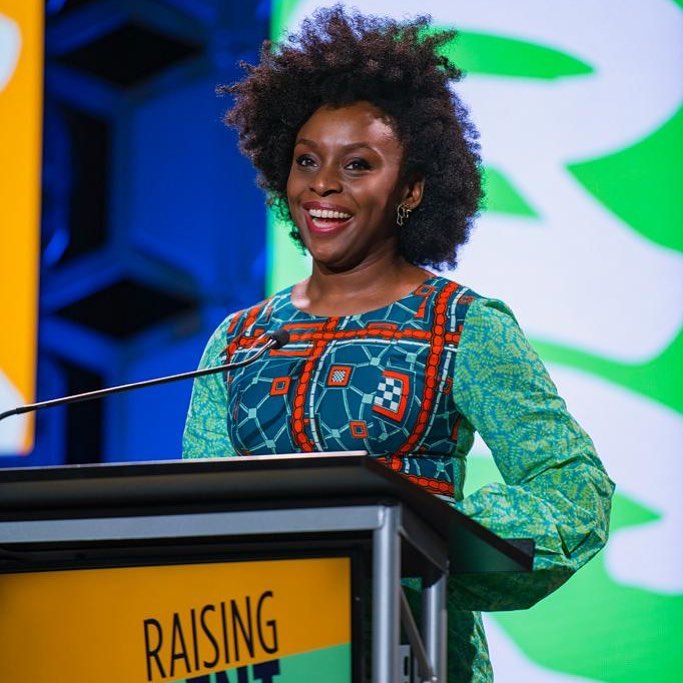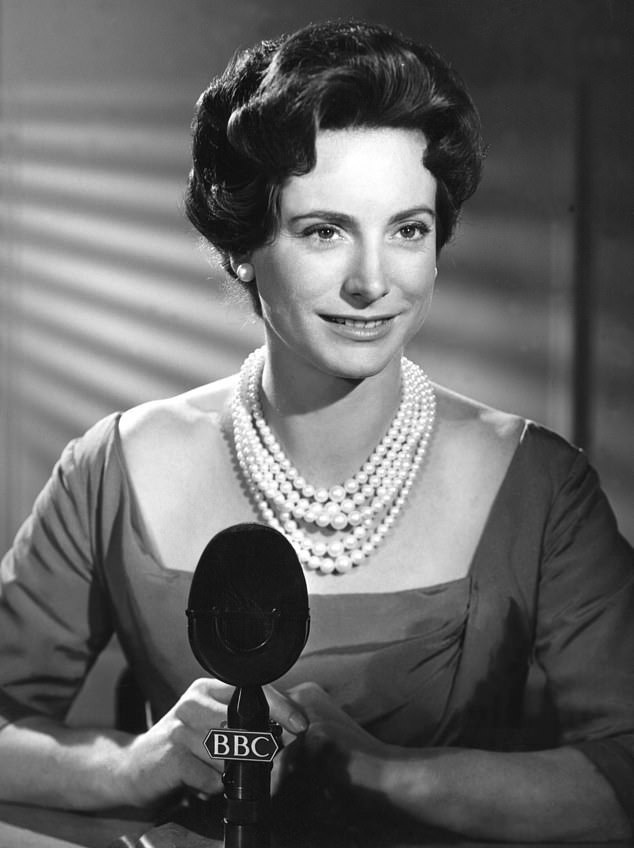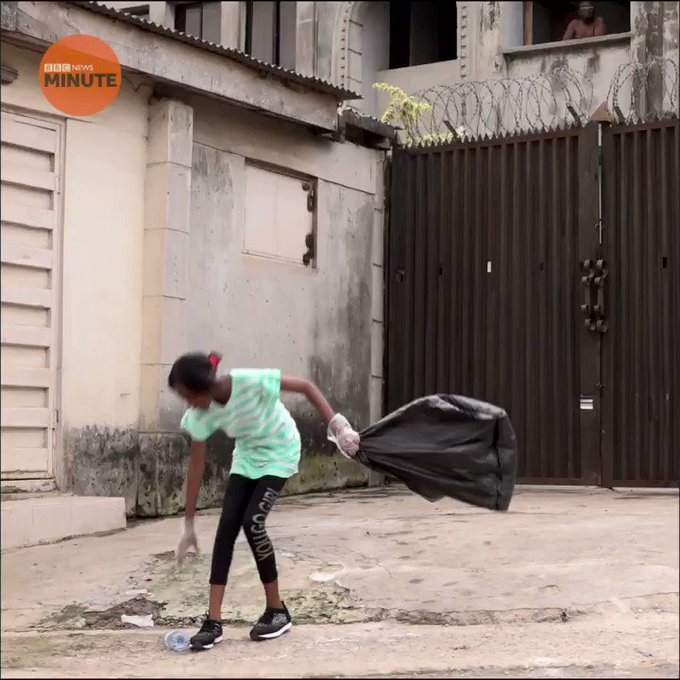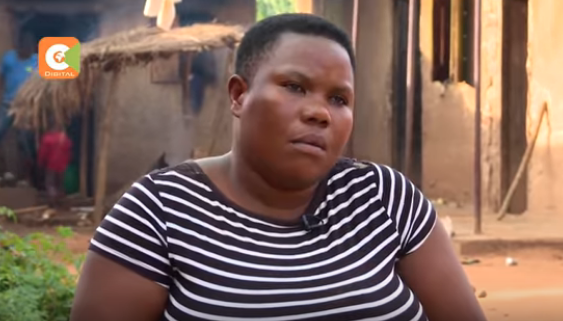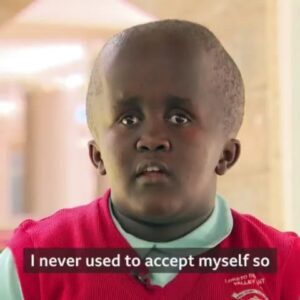Ore Onile-Ere relocated to Nigeria with a ‘healthy dose of optimism, faith and grace’ to gain success in the motherland and afar. Having worked at the BBC, ITV, Vox Africa, she honed her craft in hospital radio for the NHS. Since moving back to Lagos two years ago, Ore has found a home at the newly launched Lagos Talks 91.3 FM, anchoring the popular drive-time belt, ‘The Live Drive With Ore’ every weekday. A host as well as a voice-over artiste, she has expanded her reach to include modeling, walking for ‘About That Curvy Life’ at the Arise Fashion Week earlier this year. With her sights firmly set on other media platforms such as television and more hosting gigs, this budding avid traveler talks about her move back to Nigeria, encouraging other women to pursue their dreams and her plans for the future.
You recently relocated to Nigeria from the U.K, what informed this decision and how easy or difficult was it?
I always had it at the back of my mind that living in England my whole life wasn’t what I wanted for myself.It was getting to a stage in my life where I knew I wanted a challenge; something that could take me out of my comfort zone and let me thrive at the same time.
So two years ago, after much deliberation and research, I moved to Nigeria.
It wasn’t the easiest of decisions, but it was important to me that I tried. What however made it easier was that I was landing straight into a job right in my field.
I knew if I moved here and then looked for a job, the frustrations would seep in quicker.
Why did you say you moved with a healthy dose of ‘optimism, faith and grace’?
Lagos is a terrain I am not familiar with, and when you have grown up seeing how things are done in a completely different manner, I really think you need those things; prayer included.
You hear about the realities of life in this country and you have to shut it out, with the belief that yours will be different and make a success of it. So I took a leap as big as I could contend with, and two years later, I’m still here.
Having worked for the BBC, ITV and Vox Africa, how did this experience prepare you for your career in the media and how will you compare with working in Nigeria?
The experience I gained in those media houses after graduating really helped put me through the steps needed to become a full-fledged Broadcast Journalist. It helped me recognise both my strengths and my weaknesses. Comparing it to working here, you almost have to compromise on things, because the rules are completely different here and you have to learn to adapt to it; not necessarily conform however.
Coming in guns blazing, saying ‘back in England, this is how it’s done and what not’, would do me no favours whatsoever. I’m still shocked about what is deemed acceptable and unacceptable for broadcast.
Tell us about your journey to working on radio in Lagos?
In 2013, I came to Nigeria for a family event and that’s when the media realm in Lagos caught my attention.Once I was back in England, I did a little research about it and then left it on a back-burner for a year.Early in 2015, eager not to get complacent about a change of scenery, I looked into it again, sent my show reel-out to various media houses (both TV and Radio) to see what was out there and the feedback was great. I spent the bulk of 2015 flying in and out, alongside doing Skype interviews. I ended that year feeling confident about the reception I got.
At this point, in the deliberation stages and tedious contract agreements going back and forth, I contemplated being on ground in Lagos without a concrete offer in place.
Luckily at the beginning of 2016, I got my first break with Lagos Talks, which was also a brand new station and we went live in August that year.
You wear several hats: radio host, voice over artiste, and even model, how do you make everything work?
(Laughing) Oh, am I a model? I didn’t realise that. Yes, radio here definitely opens many doors here.
You’re not just a Radio presenter; your personality gives way to a brand you make for yourself, which other people want to associate with. And all the other hats are most welcome.
Since being here, I’ve hosted governance ceremonies in Abuja, been on Television programmes, hosted luncheons for Women in Business and voice-overs for both popular and private clients.
It all seems surreal when I think about it long enough, but it’s all part of the bigger picture- branding. Anonymity is quite scarce in this industry.
Some people claim that the only criteria for getting on Radio/TV now is having a foreign accent, how true is this in your experience?
Yes, it’s a popular conundrum in this industry and although I’ve heard it and fallen prey to the authenticity of my accent, I don’t like to think so.
I work on Talk Radio, therefore, the requirements are that one must be knowledgeable in the topics being discussed. How far will your accent take you if you’re not concise?
What would you say has been your greatest achievement so far?
Besides moving here and immersing myself in all that this city throws at you? I’m joking! All the opportunities being here have afforded me so far has been fantastic.
My plan is to build myself up on radio, before going in for TV, that’s always been the end goal for me, but I’m enjoying the journey towards that.
On a daily basis though, getting on the airwaves talking to Lagos, interviewing interesting people and networking, it’s all been a big deal for me.
Has there been any experience recently that made you want to give up?
Thankfully not. The terrain can sometimes make you feel like packing it all in and booking a one-way ticket back to Heathrow Airport, but then again, it also adds colour and there’s no greater feeling than to conquer the struggle.At the end of the day, I’m happy with my decision thus far.
In the beginning, my parents were against this move, they did try to dissuade me at the time and I almost got the sense of them wanting to say, ‘if it doesn’t work out, don’t say we didn’t warn you.’
If I ever gave up (laughs) but I know it came from a place of concern and love, which I understand, but that’s all in the past. I’m taking in all of Lagos, flaws and all.
What changes would you like to see effected that would positively turn things around for Nigerian women?
I believe we have to start from an earlier age. Girls being told from a young age that they can do and be better.
This change in mindset from early on will result in Nigerian women who have no fears and can compete for all the positions they deserve.
There is definitely a change in movement where women are concerned, and not to sound like a feminist, because I’m not, their voices are getting louder, the faces around the tables are changing and they are getting what they want and deserve and teaching young women to do the same.
I look at the Forbes’ women under 30 and 40 lists and you can pick a number of Nigerian women from that list.Look at Genevieve, with her break with Netflix. It’s all happening and the generations of women behind are seeing this.
What inspires and motivates you?
Learning from my mistakes, because every experience or encounter, mainly the mistakes, helps teach and push me into being more of who I ought to be. It’s much like ticking off a goal I’ve set for myself.
Getting results. It is also encouraging to see my work help others accomplish their own goals.
When it comes to people that inspire and motivate me, a number of my family members that have surrounded me growing up, do well on that front.
Irrespective of how well and comfortable they were brought up, their work ethic, readiness and go-getting attitude to accomplishing success on their own, has afforded me a similar vision that I want for myself.
How do you relax and de-stress?
There’s a big social scene out here, whether you’re waiting out traffic, or weekends, there’s just always something to do in Lagos and I’m happy to be a part of it, sometimes.
When I’m not a part of that, my immediate family live in England, so nothing gives me more joy than checking in with my family and friends overseas; updating each other on what’s on ground. Sometimes it feels like I’m still there.
What should we expect from you in say, two years from now?
Well, I’ve started on radio in Lagos and plan to establish myself on that platform; after that, the next step is to get into television. By then, all anonymity will be out the window.
Television should be a focal point in my broadcasting career, be it in Nigeria or Diaspora, it all works for me.If ever I’m in England, I’d hope to be recognised as an African Broadcaster, that’s what I want for myself- doing great, informative things in this industry.
Any last words for women that have been inspired by you?
Thank you so very much! I do not take any of it for granted. I hope women see that what they want is attainable and they themselves can do it.
Don’t be afraid to take risks and push yourself out of your comfort zone that might just be the step that leads you to your biggest accomplishment yet.
And know that all our lights shine just as bright. Not brighter than another’s but just as bright.
Interview by: Tobi Awodipe
For : Guardian Nigeria
